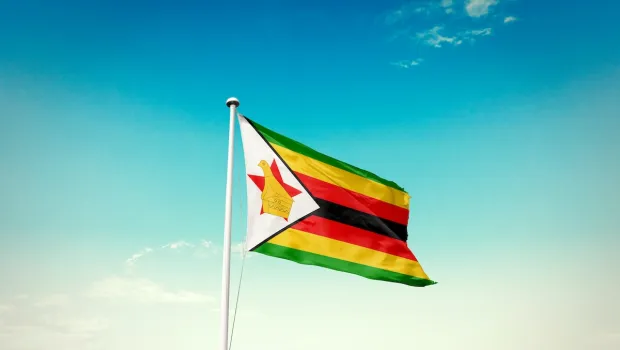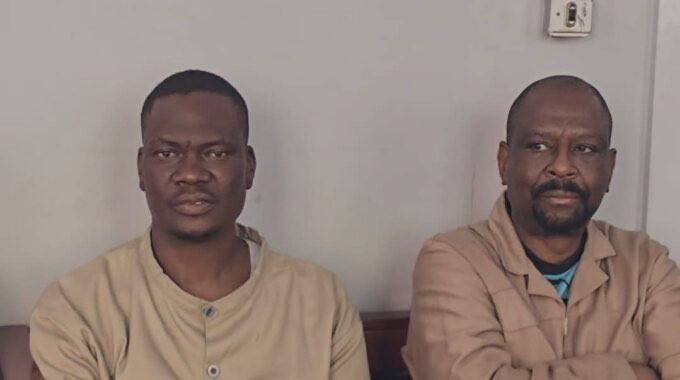
AS Zanu PF delegates converge in Mutare this week for the party’s annual conference, Zimbabwe stands at crossroads.
Two years after the 2023 elections, the nation is sinking in deep-seated economic distress, rampant corruption, high unemployment and an overburdened health system.
Yet, instead of focusing on urgent national issues, the ruling party is engrossed in internal power struggles that echo the final, fractious years of the late former president Robert Mugabe’s era.
The Mutare conference comes at a critical juncture. Ordinary citizens are yearning for policies that deliver jobs, restore public confidence and address the collapse of basic services.
Inflation remains high, health institutions are under-resourced and investor confidence is eroded by policy inconsistency and rent-seeking behaviour.
Against this backdrop, the conference should be an opportunity for introspection, a moment for the ruling party to revisit its 2023 election promises and craft a credible roadmap toward national recovery.
Instead, this will just be another political theatre of self-preservation, where factional battles overshadow the real issues stalking the nation.
Reports of growing tensions between President Emmerson Mnangagwa’s camp and that of Vice-President Constantino Chiwenga have exposed the deep divisions within the party.
- Lobby group bemoans impact of graft on women
- Corruption watch: Rogue cops: Blame it on the bosses
- DJ Ladyg2 fights stereotype in showbiz
- Corruption watch: Who is benefitting from the Pomona sham deal?
Keep Reading
The leadership may project unity through official statements, but the reality is that internal rivalries have become a dangerous distraction from governance.
When elephants fight, it is, indeed, the grass that suffers. Zimbabweans, who have endured decades of economic turmoil and political uncertainty, continue to pay the price for these elite power struggles.
Rather than focusing on extending political tenure to 2030, the conference should redirect its energy toward fulfilling the promises of economic empowerment and inclusive growth that were made to voters two years ago.
The country’s pressing challenges are not political but structural and moral. Corruption remains endemic, bleeding billions from public coffers and undermining every attempt at reform.
The health sector is in crisis, with hospitals lacking drugs, doctors bemoaning poor conditions and citizens resorting to private care they cannot afford.
Unemployment remains rampant, especially among the youth, who now see migration as the only escape from poverty. These are the issues that should define the agenda of the Mutare conference.
The irony is stark. The gathering’s official theme, “Attainment of Vision 2030 through Economic Empowerment and Value-Addition”, speaks to the right aspirations, yet the party’s actions betray a different set of priorities.
For Vision 2030 to be more than a slogan, Zanu PF must lead by example. It must tackle corruption within its ranks, respect state institutions and restore trust in the rule of law.
Empty rhetoric and deflection through accusations of “regime change agents” will not heal a country fatigued by economic decline and political theatre.
The reported demand that mining firms around Mutare pay mandatory levies to bankroll the event only reinforces perceptions of a party disconnected from the economic hardships facing ordinary Zimbabweans and businesses alike. This tone-deafness undermines the very notion of “empowerment” the party claims to champion.
It is time for Zanu PF to confront a difficult truth: unity cannot be declared; it must be earned. A party at war with itself cannot lead a nation in peace.
The Mutare conference must rise above factionalism. It must be a genuine platform for dialogue, renewal and a recommitment to the ideals of service, accountability and national development.
Zimbabwe is in desperate need of leadership that prioritises the welfare of its people. The ruling party has a constitutional and moral duty to govern in the public interest, not as a vehicle for factional entrenchment.
If this conference fails to address the real issues — economic reform, job creation, healthcare, corruption and unity of purpose — then it will go down as yet another missed opportunity to steer the country toward recovery.
At this defining moment, Zimbabweans are watching. Whether Zanu PF chooses introspection or self-interest in Mutare will determine not just its political future, but the destiny of the nation.











